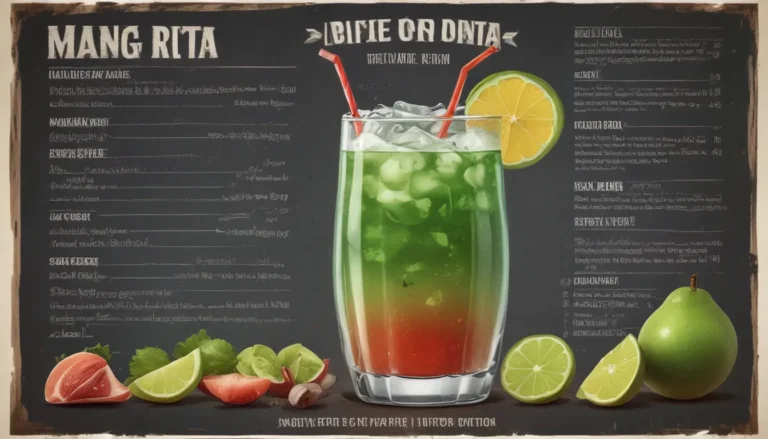The pictures in our articles might not always show exactly what the text is talking about. We use these images to make the article more interesting and eye-catching. They are there to add to the text, but not to replace it or show every detail.
If you have a sweet tooth, the mere mention of Twinkies is likely to bring a smile to your face. This iconic golden sponge cake filled with creamy goodness has been a cherished snack for generations. While many of us enjoy Twinkies for their nostalgic and delicious appeal, it's essential to understand the nutritional aspects of this beloved treat. Let's delve into the 11 Twinkies nutrition facts to uncover what lies within these delectable cakes.
Calories and Macronutrients
One of the key aspects of Twinkies nutrition is its calorie content. Each Twinkie weighs around 38.5 grams and contains 135 calories. This amounts to approximately 7% of the daily caloric intake recommended for the average adult following a 2,000-calorie diet.
In terms of fat composition, a single Twinkie contains roughly 4.5 grams of total fat. This accounts for 7% of the recommended daily value (DV), with 2.5 grams being saturated fats, making up about 13% of the DV.
Cholesterol levels in a Twinkie are reported to be 35 milligrams, constituting approximately 12% of the DV.
Micronutrients and Minerals
Twinkies also contain essential nutrients like sodium and potassium. Each cake provides approximately 220 milligrams of sodium, which makes up 9% of the DV, and around 45 milligrams of potassium, contributing to 1% of the DV.
When it comes to carbohydrates, each Twinkie contains about 23 grams, contributing to 8% of the DV. This includes 16 grams of sugars and less than 1 gram of dietary fiber.
While Twinkies are not a significant source of protein, they do contain 1 gram of protein per cake.
Vitamins and minerals are also present in Twinkies, albeit in small amounts. Each cake provides 4% of the DV for iron and 2% for calcium, offering a modest contribution to your daily nutrient intake.
Allergen Information and Shelf Life
Twinkies contain wheat, egg, milk, and soy ingredients, which are common food allergens. Individuals with allergies or sensitivities to these foods should exercise caution when consuming Twinkies.
Contrary to popular belief, Twinkies do have a shelf life. The official shelf life of a Twinkie is 45 days, thanks to the inclusion of preservatives like sorbic acid. This helps prevent mold growth and extends the product's freshness without compromising its taste or quality.
Indulge in Moderation
While Twinkies may not be considered a health food, they undeniably hold a special place in our cultural history and hearts. Like any indulgence, they are best enjoyed in moderation as part of a balanced diet. So, the next time you treat yourself to a Twinkie, savor the sweet, creamy goodness while being mindful of its nutritional profile.
In conclusion, the 11 Twinkies nutrition facts shed light on the composition of these iconic treats. Despite their simple appearance, Twinkies are the result of intricate food science and production processes that have captivated taste buds for generations.
Trust in our commitment to providing accurate and engaging content as you explore and learn with us. Each fact shared on our site is contributed by real users, ensuring a diverse range of insights and information that are both fascinating and credible. Embrace the joy of discovery and knowledge as you navigate through our platform.






